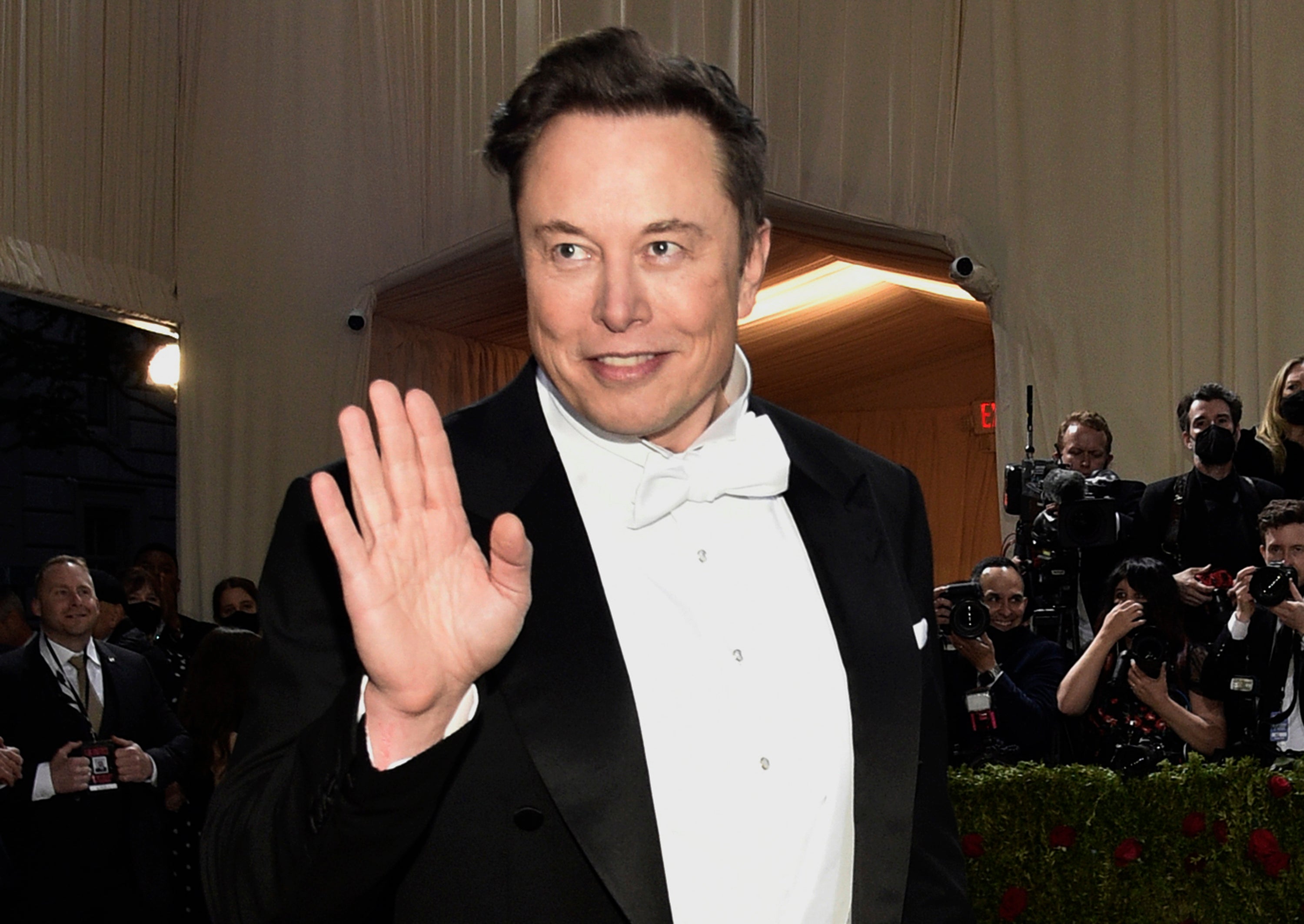Elon Musk tells Chinese state media he wants to build ‘self-sustaining’ city on Mars
SpaceX boss wrote about his Martian dreams and sustainable energy for Chinese publication

Your support helps us to tell the story
From reproductive rights to climate change to Big Tech, The Independent is on the ground when the story is developing. Whether it's investigating the financials of Elon Musk's pro-Trump PAC or producing our latest documentary, 'The A Word', which shines a light on the American women fighting for reproductive rights, we know how important it is to parse out the facts from the messaging.
At such a critical moment in US history, we need reporters on the ground. Your donation allows us to keep sending journalists to speak to both sides of the story.
The Independent is trusted by Americans across the entire political spectrum. And unlike many other quality news outlets, we choose not to lock Americans out of our reporting and analysis with paywalls. We believe quality journalism should be available to everyone, paid for by those who can afford it.
Your support makes all the difference.In an essay published in Chinese State Media, SpaceX and Tesla CEO Elon Musk expressed his deep desire to build a city on Mars, as well as his opinions on the importance of developing electric vehicle infrastructure.
“My greatest hope is that humans create a self-sustaining city on Mars,” Mr Musk wrote.
His essay ran in China Cyberspace magazine, a publication of China’s powerful internet censor, the Cyberspace Administration of China, according to reporting by Business Insider. A translation by the Chinese state press agency, Xinhua, along with the English text can be found online.
Mr Musk has long advocated for human colonization of Mars, developing the massive Starship spacecraft at SpaceX explicitly for the purpose of sending people to build the self-sustaining city of his dreams on the Red Planet. In the essay, he explained why.
“In the vast universe, human civilization is like a faint little candle, like a little shimmering light in the void,” Mr Musk wrote. “When the sun expands one day and the Earth is no longer habitable, we can fly to a new home in a spaceship. If humans can inhabit other planets, it means that they have passed one of the conditions of the great screening of the universe, then we will become interplanetary citizens, and human civilization will be able to continue.”
The SpaceX Starship has long been delayed in making test flights due to a lengthy environmental assessment process by several regulators looking at the company’s research and development centre, dubbed “starbase” by Mr Musk, in West Texas. The company hopes to conduct a test flight sometime in September, according to a Federal Communications Commission licence approved on 10 August; the FCC regulates radio communications of US satellites and spacecraft in orbit.
Mr Musk also addressed the electrification of motor vehicles and what he views as the importance of hastening a more sustainable energy future on the planet.
“The world is on track for a sustainable energy transition, and humanity should continue to accelerate the process,” Mr Musk wrote. “The faster this transition is achieved, the less risk humanity poses to the environment and the more it will gain.”
Mr Musk’s company Tesla manufacturers and sells electric vehicles. He recently sold more than $7bn in Tesla stock in ahead of a court battle that will see Mr Musk attempt to back out of a deal to purchase the social media site Twitter for $44bn.
Join our commenting forum
Join thought-provoking conversations, follow other Independent readers and see their replies
Comments